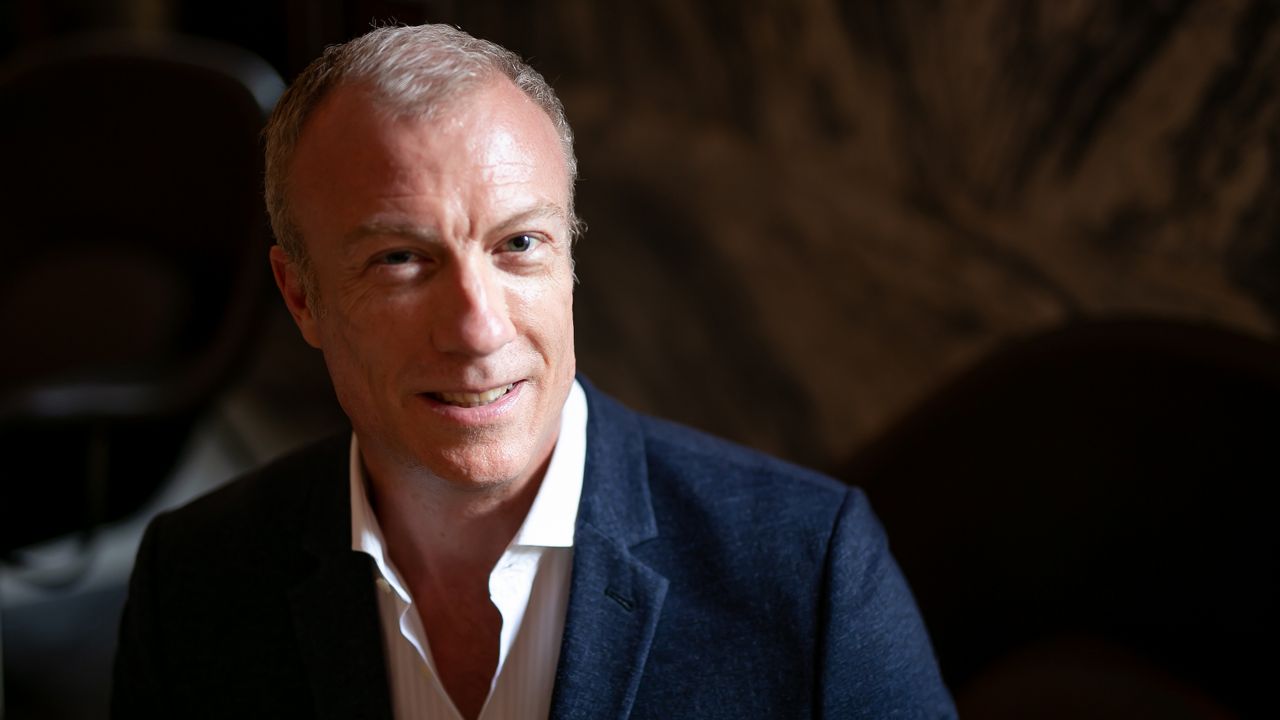TAMPA BAY, Fla. — The relationship between Tampa Bay and Hollywood has always been tenuous. Despite consistent commercial work, a plethora of lauded film festivals and such middling features as The Punisher (bad) and Cop And A Half (worse), the lack of incentives from the state legislature has Florida lagging behind cities like Atlanta and Vancouver when it comes to producing high-profile work.
The coronavirus pandemic and ensuing shutdown have complicated things further. There were no red carpets outside Tampa Theatre for the Suncoast Credit Union Gasparilla International Film Festival, no high-profile guests for the Tampa International Gay and Lesbian Film Festival, no streets closed while a celebrity walked from her trailer to the set.
Filmmaking does continue in Tampa Bay, however, from local indie productions to commercials for big-name brands.
What You Need To Know
- Film festivals are pivoting to online during the pandemic
- Companies come to Florida to shoot productions during the pandemic
- As one of the first states to reopen, Florida is currently very attractive to filmmakers
“In May, we only had three productions and shoots, one of those was a Netflix show, so that was a good first test case to see how we could get people to work again,” says Tyler Martinolich, film commissioner for Film Tampa Bay. “But since June started we’ve actually seen an uptick in productions, we’re already on our 20th permit for the month, which is above average for this time of year. Typically summer is our weakest season for filming, which makes sense, our clients are typically coming from other states and they’re coming during months when it’s typically cold or dreary where they are.”
Martinolich can’t divulge the name of the Netflix show, but says commercials for such companies as Foot Locker and Mercedes were shot in the area once Tampa Bay began reopening for non-essential businesses.
“We’ve seen a reverse in that we’re one of the few states that are widely open for business, and if you think about the places where a lot of productions take place, a lot of those places have a lot of restrictions in place, and people aren’t able to get back to work at a level that they otherwise may have been able to,” he says. “The only question is, can we film in your state and can we do it safely?”
Film sets are currently limited to 50 persons or less, and elements like social distancing and mask-wearing are required. Traditionally, feature film production has required a much larger team, but companies are learning to work leaner to comply for safety’s sake.
Harder hit are the area’s film festivals, which by nature rely on big crowds and social spectacle. The 14-year-old Suncoast Credit Union Gasparilla International Film Festival postponed its real-world gala and screenings, usually held during the month-long Gasparilla Arts Festival in March, in favor of online events such as a recent competition highlighting young local filmmakers. The film fest hopes to reschedule for September, but the crystal ball is cloudy regarding when movie fans will be once again willing to gather en masse.
“People will be really excited to see their local feature on the big screen again, asking questions with the filmmakers,” says Monica Varner, the festival’s executive director. “The audience really looks forward to having that interpersonal interaction, and you can’t replace seeing a movie on the big screen with a crowd.”
The acclaimed Tampa International Gay and Lesbian Film Festival likewise went online this year due to the coronavirus. According to President and Events Chairperson Rob Akins, the festival has long been looking for ways to evolve given the culture’s shift to streaming entertainment.
“We had casually discussed doing virtual screenings, as the industry as the whole is changing, but when the pandemic hit, it was, ‘OK, let’s just pursue this right from the start,’” he says.
Akins adds that, even without the pomp and circumstance of in-person premieres, reception to the change has been positive. Allowing films to remain available for a period of time beyond scheduled screenings has been a big plus.
“We’re getting people from a spectrum of the area, from Lutz and Wesley Chapel all the way down to Sarasota,” he says. “If you’re doing one nightly screening, it may be difficult for some people to get there. So we’re broadening our reach, which is great.”
It seems that the COVID-19 pandemic has not only hastened the changes local film festivals needed to make in the face of viewers’ changing habits, but also highlighted the need people feel for the communal experience.
“This is certainly the most extreme, but we’re constantly changing every year, so here we go again, going virtual with a couple of things, trying something new,” says Monica Varner. “But I can’t wait for the movie theater to open, I don’t care what they’re showing. I just want to go somewhere other than my house and watch a movie on the big screen with surround sound and popcorn.”



